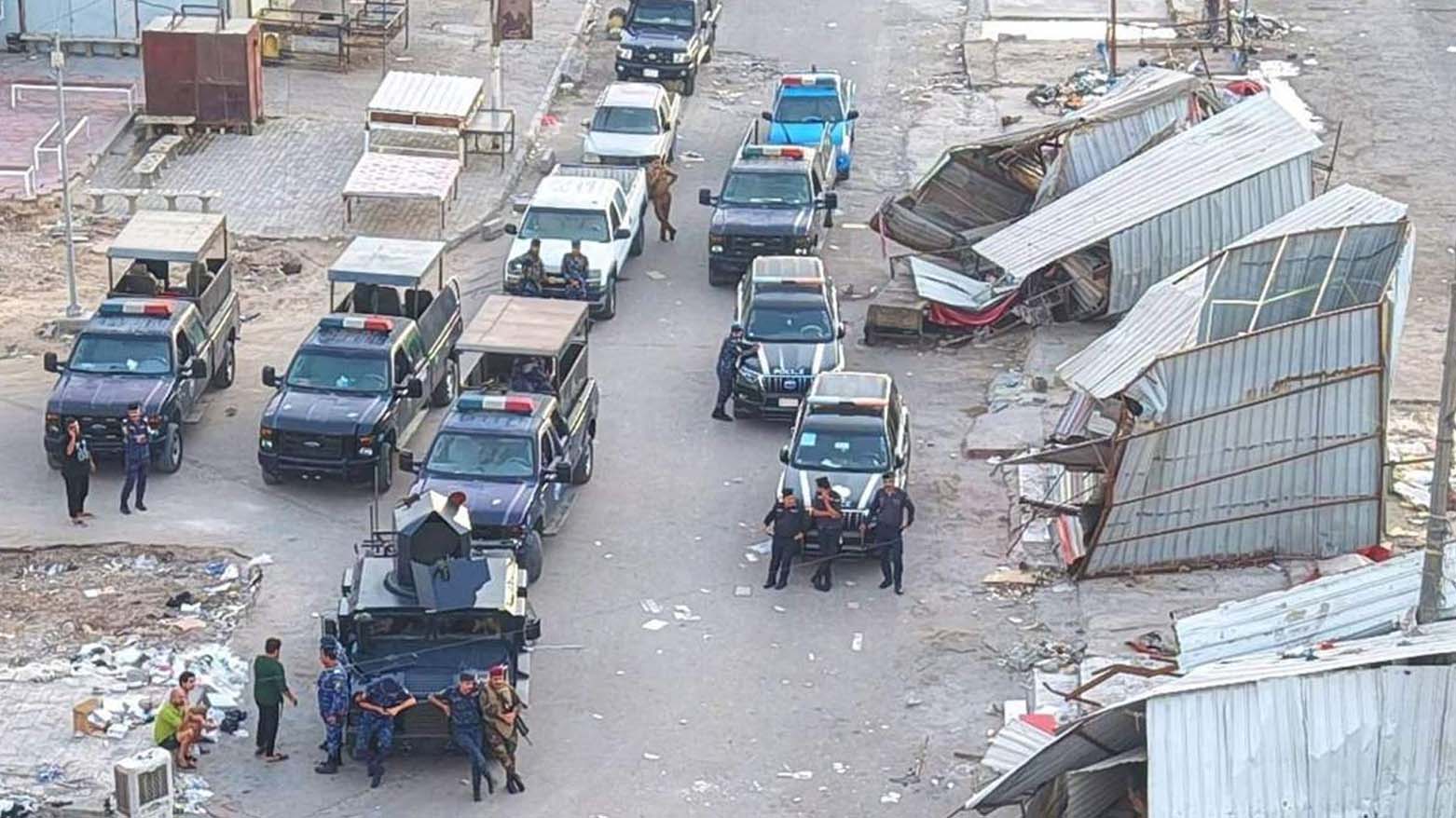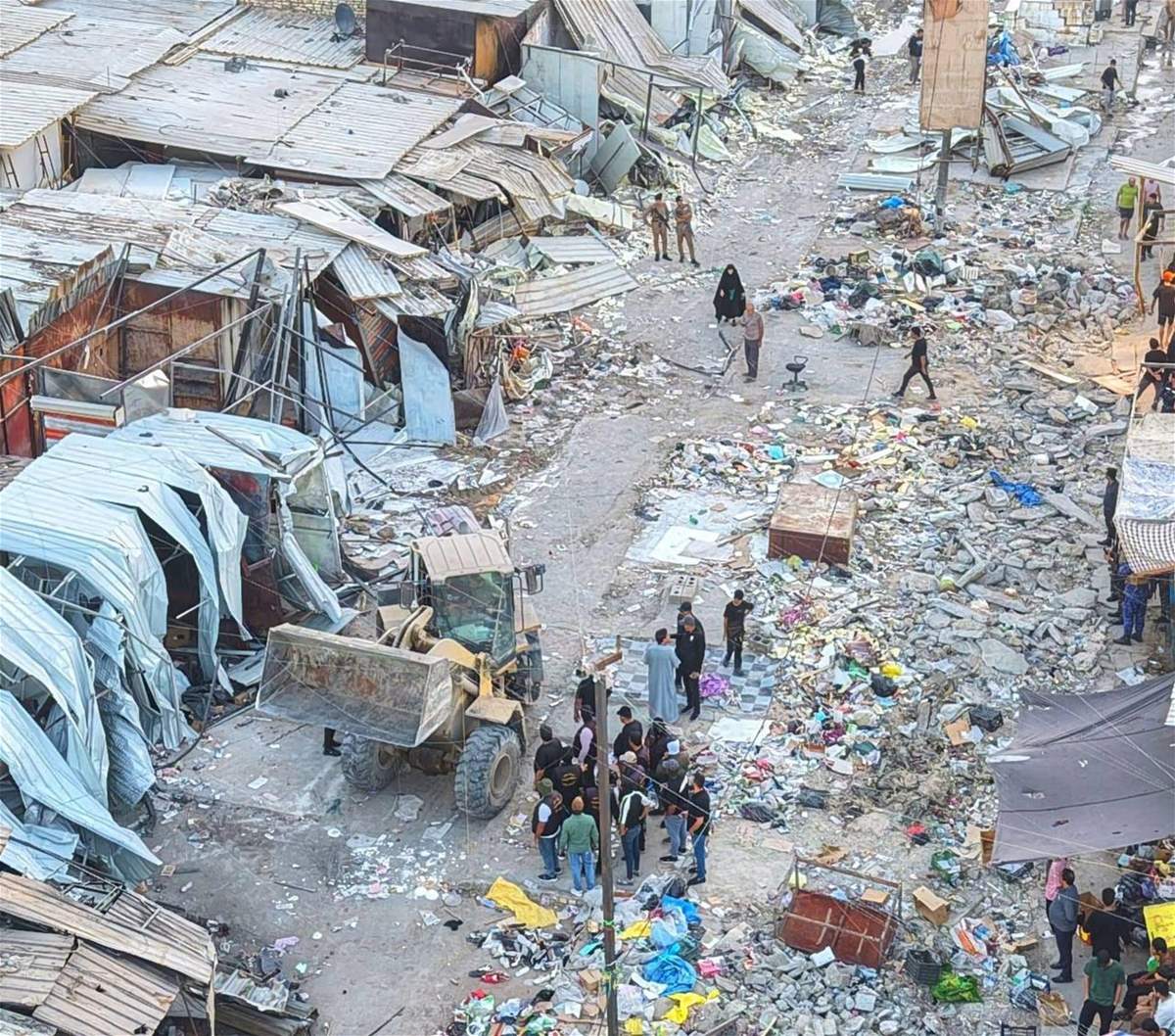Baghdad’s Largest Market Demolished Amid Anger From Shopkeepers
Established in the 1970s, the Muraidi Market has long been a symbol of working-class life in Baghdad, supporting tens of thousands of traders and their families.

ERBIL (Kurdistan24) – The Iraqi government has demolished Baghdad’s largest national market, the historic Muraidi Market in Sadr City, under the pretext of renovation and removing encroachments. The move has sparked outrage among thousands of shopkeepers and families who depend on the market for their livelihoods.
On Wednesday, a large Iraqi security force accompanied municipal teams as they dismantled shops across the market. Established in the 1970s, the Muraidi Market has long been a symbol of working-class life in Baghdad, supporting tens of thousands of traders and their families.
While authorities have portrayed the operation as part of a wider campaign to enforce law and order, shopkeepers accuse the government of prioritizing the interests of wealthy businessmen over the city’s poor. They say the demolition was carried out without consultation, compensation, or the provision of alternative locations, leaving many families suddenly without income.
“This is our only source of livelihood,” one shopkeeper told Kurdistan24. “They raided our shops with military force and destroyed everything, without giving us any alternatives. How are we supposed to feed our families now?”
Iraqi media reported that some shopkeepers clashed with security forces using small arms during the demolition. No casualties were reported, but several traders involved in the incident were arrested.
According to figures cited by shopkeepers, the market contained more than 15,000 shops employing over 40,000 traders. They warn that the loss of the market could leave thousands of young people unemployed, heightening the risks of poverty, drug abuse, and criminal activity.
The market, named after its founder Haji Muraidi Lami, has stood as a commercial and social landmark in Sadr City for more than five decades. Its destruction, traders say, is not just an economic loss but also the erasure of a piece of Baghdad’s heritage.

